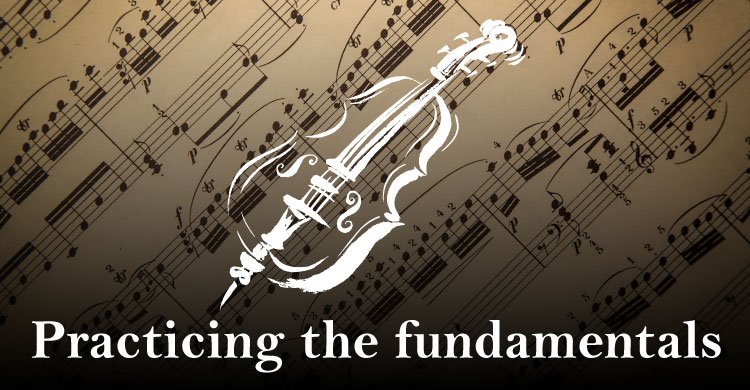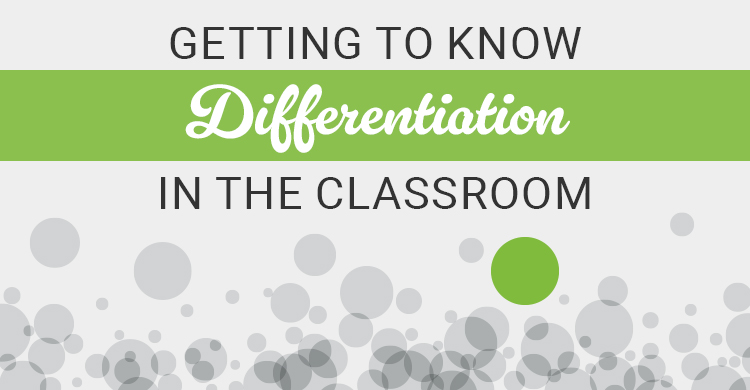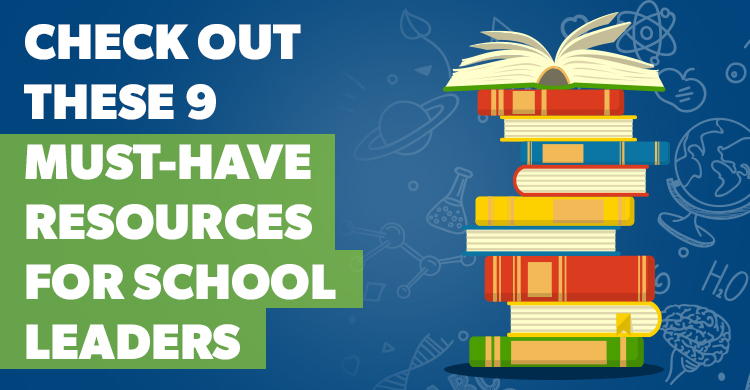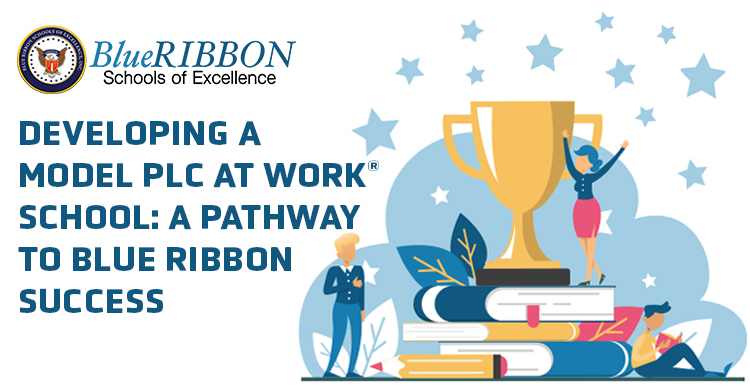Based on the book Inside PLCs, this is the first in a series on real-world implementations of professional learning communities. To view all posts, see the Inside PLCs blog series.
A PLC Lesson on Fundamentals from a Russian Cellist
Natalia Gutman is a Russian cellist and considered one of the best musicians in the world. In her late 70s, many younger musicians go to her hoping for sacred words of wisdom or access to her secret sauce. Interestingly, she is known to consistently express one fundamental truth about her own development as a musician: “I wish I would have spent even more time simply practicing scales.”
Scales? Really? That’s the secret?
Isn’t it interesting how something so fundamental is so important to such a high achiever? I find myself hearing the cellist’s words, reinforcing the wisdom of the fundamentals as I reflect on the excellent 12-year award-winning implementation of PLCs at Sheridan County School District No. 2 (SCSD2). I’m currently writing a book on SCSD2’s amazing, award-winning journey with their superintendent, Craig Dougherty. I am digging in deep and trying to find those “sacred words of wisdom”—that “secret sauce.” Interestingly, one of the first secrets they shared was their ongoing commitment to going back to the fundamentals of a PLC.
The Annual Journey Back to the Beginning
For SCSD2, the implementation of PLCs is so comprehensive that they have arrived at that place where they almost don’t need a name for it. It truly has become, as my previous co-author Rick DuFour used to say, “simply the way we do business.” But that ubiquitous, comprehensive state of being isn’t maintained by accident. There are discrete steps that they take every year to keep the fundamentals of PLCs alive. To do this, they return each year to the founding elements of what it means to be a PLC. To get specific, here are a few things that this highly seasoned school district does each year to make sure they are maintaining their deep and substantive implementation of PLCs.
The Fundamentals of Excellence
|
Annual review of the definition of PLC A PLC is an ongoing process in which educators work collaboratively in recurring cycles of collective inquiry and action research to achieve better results for the students they serve (DuFour, DuFour, Eaker, Many, & Mattos, 2016). Each team reviews the Big Ideas undergirding a PLC A focus on learning Teams re-establish their. . . Mission Teams review the fundamental questions driving the work of PLC teams: What do we want students to know and be able to do?
|
Bored Yet? Don’t Be Too Cool for School!
One of the biggest mistakes schools can make when implementing PLCs is to get “bored” with the fundamentals and lose their focus. It some cases, educators may feel like they already know the fundamental purposes of PLC or that their teams established their mission and vision before, and it can just carry over. But, as our friends from SCSD2 tell us, practicing your scales and staying faithful to the fundamentals takes you to the deepest levels of implementation. Don’t be too cool for school! Go back and revisit those fundamentals each year! Here’s how:
- Definition: Revisit, as a staff, the definition of a PLC and reflect on whether or not the school is really working with those intentions in mind. Get honest in these conversations, and be willing to identify gaps. Don’t talk like you’re being interviewed! Get honest and reflect.
- Teamwork: Each team should take the time to revisit their mission, vision, values, and goals. It might feel redundant, but it’s not. Each year, new staff are on board, and the dynamics may change. Even agreed-upon group norms can evolve, and we can forget organizing principles if we don’t revisit them and describe our collective commitments.
- Team Implementation Standard: While each team revisits the fundamentals of the PLC, they work hard to both formally evaluate their progress and engage in meaningful reflection. SCSD2 uses an implementation rubric based on the free download from Learning by Doing. After rating their work, they discuss and reflect. This sharing serves to remind each team of their collective commitments and priorities and serves to reinforce their values and their most sacred strategies for achieving results.
From Russia with Love
Natalia Gutman said that playing scales makes all the difference in being a great cellist. Going deeper, here’s what she said sticking to the fundamentals did for her as a musician. As you read these lines, think about what sticking to the fundamentals of a PLC can mean for your level of implementation and the results you seek for the students you serve.
- “Scales are the fundamental building blocks of technique.” In music or in improving your PLC, you need a solid foundation of understanding. That foundation allows you to build new skills and abilities and improve results continuously.
- “Scales allow the cellist to master smooth shifts and increase bow speed.” How quickly can your teams in your school learn new things? How ready are you to respond and adjust to the unpredictable outcomes just around the corner in your school? The establishment of PLCs creates the foundation for thoughtfully and organically responding to the challenges you will face. By investing in the foundation of PLCs, you will be ready to increase the speed of innovation and make smooth shifts when changes are in order.
- “Scales allow the cellist to master techniques and explore new abilities.” When exploring the foundation of a PLC, over time, you develop the ability to truly master heretofore unexplored abilities. For example, a team that’s faithful to the fundamentals may discover that by working together, they reveal a new capacity to intervene and achieve new levels of proficiency in areas wherein they might a previously struggled.
Conclusion: Take Action!
Let this blog be a call to action! Return to the fundamentals every year when implementing your PLC. Take the time to go over the basics and reflect aloud on what those basics mean. Make the process sacred, ongoing, and deeply reflective. A deep and substantive implementation of PLCs changes the culture of the building and can significantly impact the results that are achieved. That change happens when those implementing the change feel the implementation at the core of who they are as educators. That transformation can’t happen without the ongoing opportunity to revisit the fundamentals.
On your PLC journey, don’t forget Natalia Gutman’s sage advice. If you want to be a master, practice your scales.
Read the next post in the series on the hidden power of “we”.
References:
DuFour, R., DuFour, R., Eaker, R., Many, T., & Mattos, M. (2016). Learning by doing: A handbook for Professional Learning Communities at Work™. Bloomington, IN: Solution Tree Press.
Dr. Casey Reason is a leadership and PLC thought leader and expert in emergent, digital instructional design. He’s won national recognition from Forbes.com, Blackboard International, and PDK, where he was awarded book of the year.
[author_bio id=”67″]







